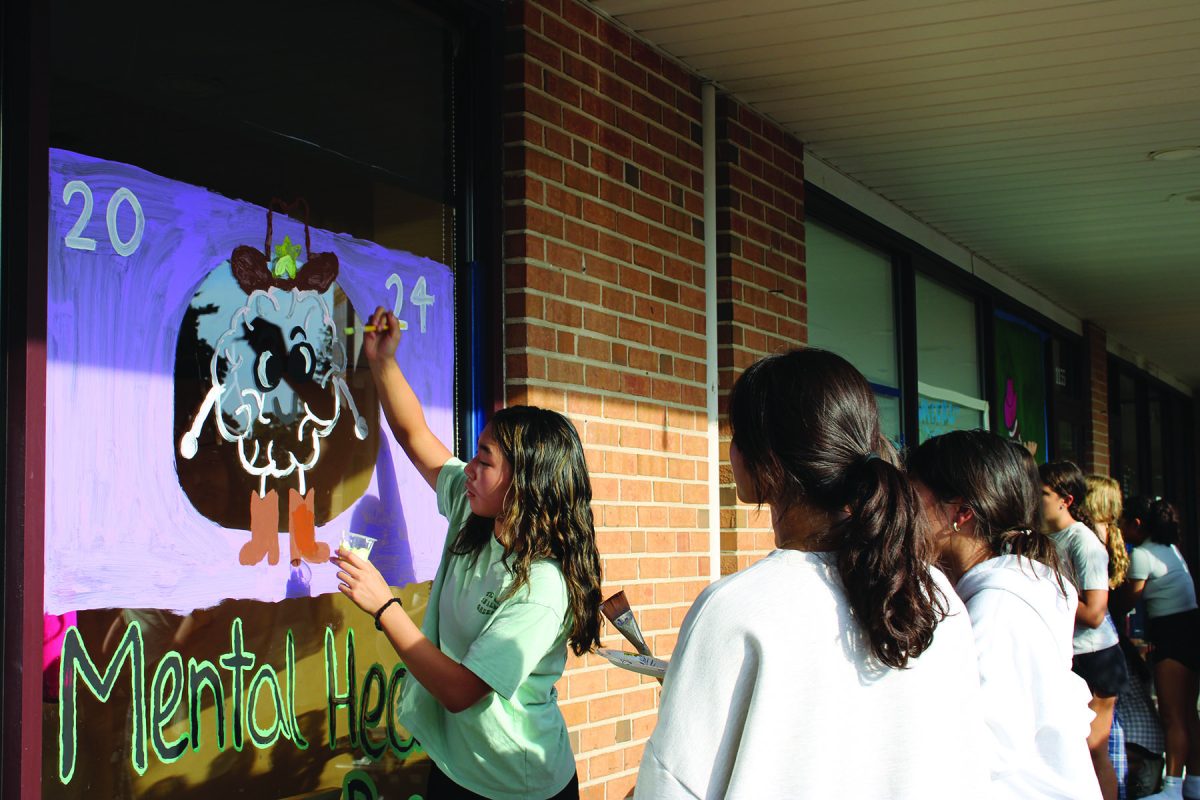Despite noticing students in her classes speeding past the SEL Benchmark survey questions, junior Sarah Muhl does her best to be thorough and honest when answering.
“[The survey] asks about the feelings that we’re having most often, and whether or not we’re enjoying our school experience,” Muhl said.
According to Ryan Bretag, director of teaching and learning, the survey is a measurement of the skills students feel they have, such as growthmindset, grit and social and self-awareness.
“We also ask questions about belonging, because we’re really interested in [student] voices,” Bretag said.
The feedback from the survey is used in a variety of ways.
“We look at the trends with the data,” said Bretag. “So if we look at belonging, where are we at? What are the nuances of that? What initiatives are we putting in place?”
The SEL Benchmark survey fulfills the state-required implementation of social-emotional learning in schools and is designed in accordance with the Illinois State Board-adopted Collaborative for Academic, Social and Emotional Learning (CASEL) standards.
Social-emotional learning is based on core skills that help students with self and social awareness, Bretag said.
“We’re embedding [SEL] into the academic experience and how we approach that has been deemed a little bit more effective than [to] stop and do an SEL lesson,” Bretag said.
Since 2021, students have been instructed to take three SEL Benchmark surveys throughout the year, but parents are allowed to opt their children out of the survey.
“We honor when a parent says, ‘Hey, I’m just not comfortable with my kid answering these questions,’” said Bretag. “But what’s really nice is there are always a lot of parents that call and talk to myself or one of the associate principals and they ask such good questions. That dialogue allows them to go ‘Wow, I’m so happy you’re doing this, I didn’t know what that was.’”
According to Muhl, opting out from the survey is unnecessary.
“I think a lot of kids find it annoying to take and they tend to rush over it,” said Muhl. “I think it’s definitely important for the school and I read through the questions and answer them.”
According to Bretag, the SEL survey gives students an opportunity to voice their experiences.
“The more we learn from students about their lived experience versus assuming what it is, the more direct we can get with making a change,” Bretag said.


